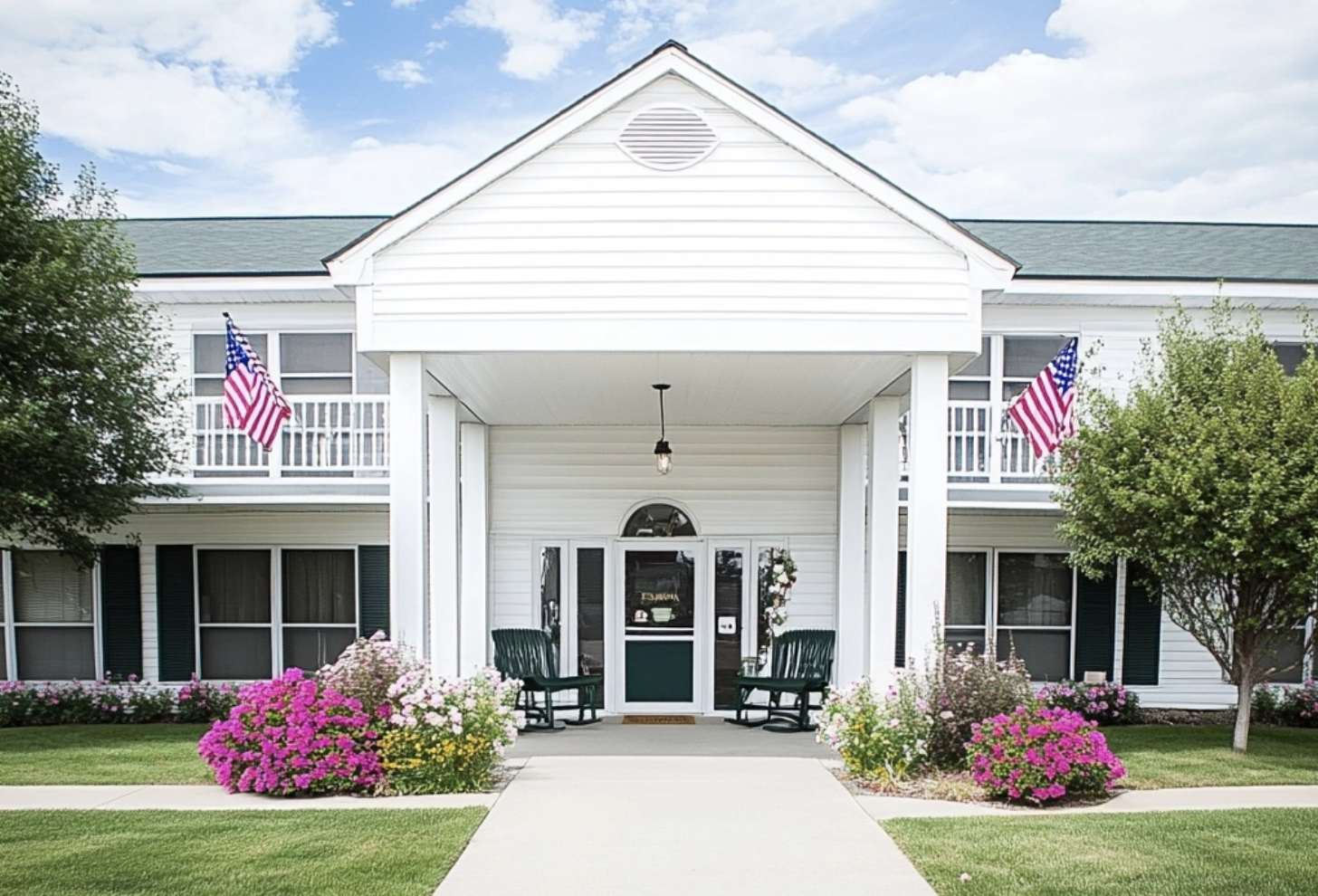Pets bring joy, companionship, and a sense of purpose to many people’s lives, especially seniors. However, as people age, it can become increasingly challenging to provide the necessary care for pets due to physical, cognitive, or financial limitations. That’s why it’s crucial to know about the pet care resources available for seniors. This article aims to provide a comprehensive guide to pet care resources for seniors, helping them and their furry friends maintain a healthy and joyful companionship.
The Benefits of Pet Ownership for Seniors
Pets can have a significant positive impact on seniors’ lives. They offer companionship, encourage physical activity, and can even aid in improving mental health.
Physical Activity
Owning pets, especially dogs, encourages seniors to maintain a healthy exercise routine. Regular walks can significantly benefit a senior’s heart health, bone strength, and weight regulation. A Harvard Health Blog post elucidates the health benefits of walking for dog owners.
Companionship
Pets provide seniors with a sense of companionship, making them feel less lonely. The interaction and emotional bond between seniors and their pets can foster a positive living environment and increase their sense of security.
Mental Health
Taking care of pets can bring happiness and add meaning to seniors’ lives. Interacting with pets can reduce anxiety and stress levels, promote the release of serotonin (the “feel-good” hormone), and foster a more positive outlook on life. An NIH study supports the mental health benefits of pet ownership for seniors.
The Challenges of Pet Ownership for Seniors
While owning pets can be rewarding, it also comes with challenges, especially for seniors living on a fixed income.
Financial Constraints
The cost of owning a pet can be a financial strain for some seniors. From food to vaccinations and veterinary care, pets can be expensive to maintain. The ASPCA provides an average cost breakdown for pet care.
Physical Limitations
Seniors with mobility issues may find it difficult to provide their pets with the necessary exercise or take care of their grooming needs.
Cognitive Issues
Seniors struggling with memory issues, such as Alzheimer’s or dementia, may find it challenging to remember to feed or walk their pets regularly.
Recognizing these challenges is crucial in understanding the need for resources and assistance available to seniors for pet care.
Locating Pet Care Assistance for Senior Citizens
Several programs and organizations can help seniors take care of their pets. From neighbors to local service providers, and national organizations, there are numerous resources available to ensure seniors can continue to live happily with their pets.
Neighbors
Neighbors can provide immediate and convenient help. They can assist with pet-care tasks such as walking dogs, transporting heavy pet food, or setting up online subscriptions for food delivery.
Local Service Providers
Local service providers can offer professional services like dog walking, pet sitting, or other care services. Platforms like Rover and Wag connect pet owners with local individuals who offer these services.
Low-Cost Clinics
Local animal shelters and veterinary colleges often host low-cost pet clinics providing affordable vaccinations, spay/neuter programs, and other pet care services. A directory on Petfinder lists low-cost pet clinics.
National and Regional Non-Profit Organizations
There are numerous national and regional organizations, like Meals on Wheels Love Pets program, Pets for the Elderly, and the Humane Society, offering various forms of assistance to senior pet owners.
Financial Aid for Senior Pet Owners
Several non-profit organizations provide financial aid for senior pet owners. These organizations offer programs that cover various pet care costs, making it easier for seniors to afford to care for their pets.
Meals on Wheels Love Pets
This program offers pet care support to homebound seniors. They provide pet food, supplies, and veterinary care assistance.
Pets for the Elderly
This organization covers the adoption fees for seniors adopting a dog or cat from a participating animal shelter. It also covers pre-adoption veterinary exams and spay/neuter costs.
Humane Society
The Humane Society offers a state-by-state list of financial aid resources for pet owners, ensuring seniors can access affordable pet care services within their local area.
Considering Pet Health Insurance Coverage
Pet health insurance coverage can make affording vet bills more manageable by reimbursing a significant percentage of the cost of covered treatments. Several pet insurance providers offer plans tailored for seniors’ specific needs. Exploring pet insurance for seniors can be a worthwhile investment to safeguard against high veterinary costs. Reputable providers include PetPlan, Trupanion, or Healthy Paws.
Temporary Pet Care Services
Temporary pet care services can be particularly beneficial when seniors are recovering from surgery or illness. These services can provide routine pet care during these periods, allowing the senior to focus on their recovery while ensuring their pet’s needs are met.
Pet Care Services and Alzheimer’s or Dementia
Pets can play a significant role in the lives of seniors with Alzheimer’s or dementia. Specially trained service animals, like dementia dogs, can assist with various tasks, providing comfort and support to seniors dealing with these conditions. Organizations like the Dementia Dog Project provide specially trained dogs for this purpose.
Pet-Friendly Home Modifications
Seniors might also consider making modifications to their homes to make it easier to take care of their pets. These could include installing pet doors for easy outdoor access or using automatic pet feeders and water fountains, which require less frequent refilling.
Conclusion
Owning pets in old age can be a source of comfort and companionship for many seniors. However, it can also present certain challenges. Fortunately, numerous resources are available to help seniors take care of their pets, ensuring that they can continue to enjoy the benefits of pet ownership in their golden years. By leveraging these resources, seniors can ensure that their pets receive the care they need, thereby enhancing their own quality of life and that of their beloved pets. We invite readers to share their own experiences or ask questions to further explore the topic of senior pet care.




